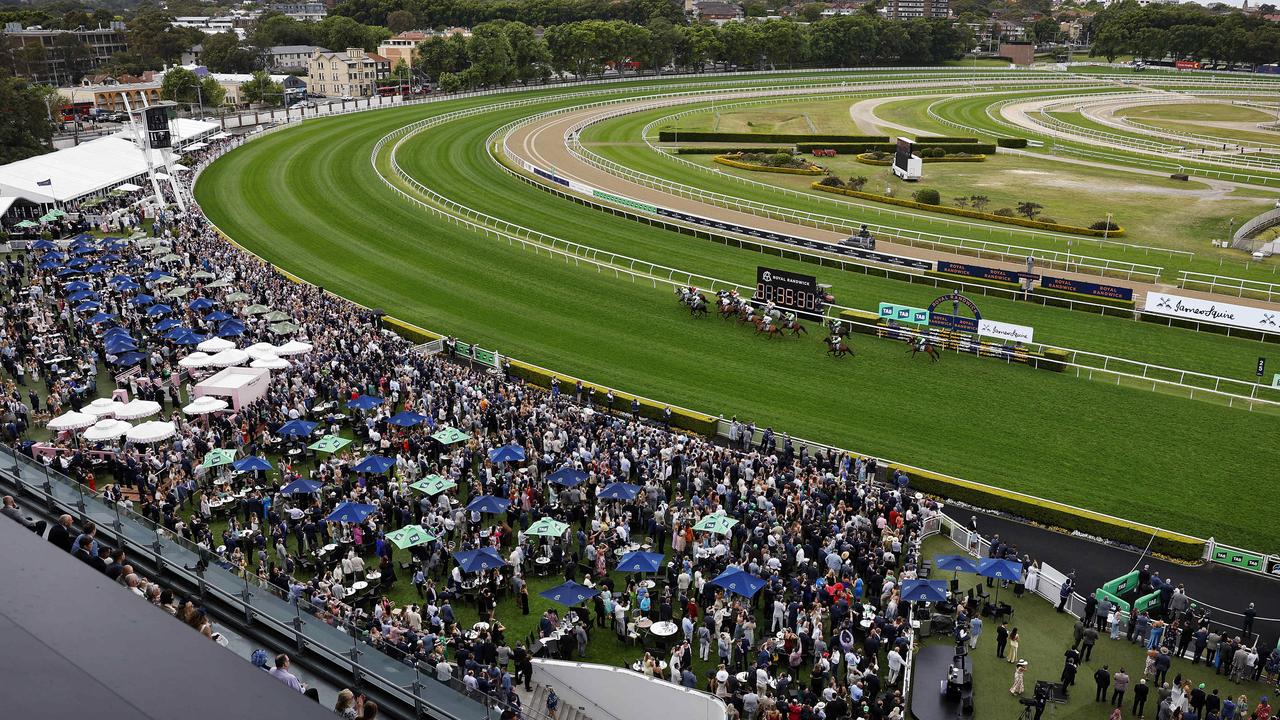Apartment-dwelling Planning Minister Paul Scully says he is not trying to kill off backyard cricket
Planning Minister Paul Scully concedes he’s had to make one small sacrifice after moving into an apartment, but he insists Sydneysiders should not be ‘spooked’ by housing changes ahead.

NSW
Don't miss out on the headlines from NSW. Followed categories will be added to My News.
Planning Minister Paul Scully used to love his “nine-hour” smoked ribs. But it is a weekend hobby he has had to give up after moving into an apartment.
However, the under-siege Wollongong MP says that is the only thing he misses since giving up a backyard when he and his federal MP wife Alison Byrnes bought the three-bedroom property for $1.3 million several years ago.
He has a second apartment closer to Parliament House for sitting weeks.
Sydney is set to undergo one of the biggest transformations in housing in recent decades, with higher densities to be introduced across the suburbs, so The Sunday Telegraph asked Mr Scully if this spelled the end of the traditional backyard.
The latest CoreLogic data shows the price gap between houses and units is widening, increasing nationally by a record 45 per cent over the past four years — a trend that is pushing the traditional freestanding home out of further reach for many.
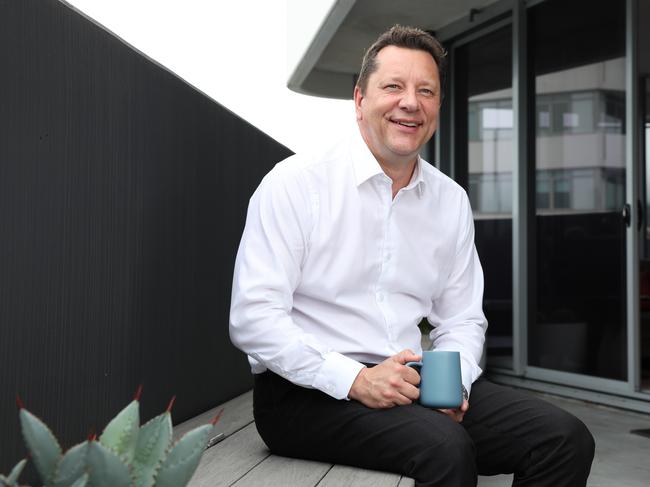
Opponents to the Minns government housing reforms say homes with backyards will soon be restricted to the rich, especially when total supply drops after the developers start replacing houses with apartments and townhouses.
The government argues that the desire for a backyard is overstated, pointing to 2011 Grattan Institute research that found having a “detached” home was the fifth-most important variable when selecting a home — having a big garden was 20th.
Mr Scully said introducing what the government has been selling as “the missing middle’ — townhouses and dual occupancies — could free up homes as families downsized to something more suitable, or upsized from an apartment.
The idea was to address the critical housing shortage with diversity, he said.
“The reforms are about making different housing. I am not trying to kill off backyard cricket because I live in an apartment,” Mr Scully said.
“We have less diverse housing types than what we had 100 years ago.
“In established places you have that mix of single dwellings, terraces, but in the new suburbs, it’s either single dwellings or high rise apartments.”

Where there was not a good mix, the government was providing better open space, such as its decision to reclaim half of Moore Park Golf Course for parkland.
Mr Scully, who grew up in a house on a “a quarter acre block”, said the fact more people were buying clothes dryers suggested a typical backyard may not be as important as it once was.
“Working parents have less time,” he said.
“The quarter acre block with the Hills hoist to dry the washing is now being replaced by the clothes dryer.
“Similarly, older people don’t want to be trapped in a house that no longer functions for them.
“We also need to help younger people get into a home. We are the 859th least dense city on the planet, but the second least affordable. That’s part of the reason younger people are leaving, which in turn is a drain on productivity. We have to do things differently.”
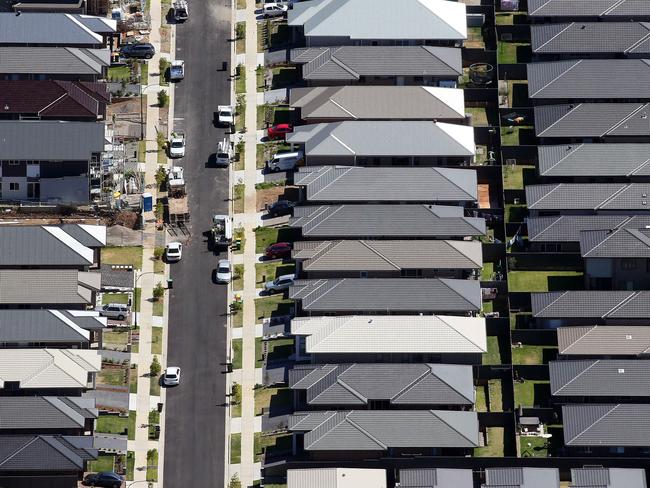
While the government has made terraces, townhouses and low-rise apartment buildings the focus of its housing pitch, the reforms also involve allowing “mid-rise” apartment blocks of up to six storeys — higher if “affordable” units are included — at “key town centres” as well as train stations.
Critics, such as Fairfield Mayor Frank Carbone — who has accused Mr Scully of turning Sydney into Kolkata — and Liberal frontbencher Alister Henskens — who says the city will become a “visual slum” — argue that such dramatic changes should have been the subject of more extensive consultation.
And then there is the controversial Transport Oriented Development Program (TOD), which is allowing high-density development near train stations, including in areas where there are heritage homes, such as on Sydney’s North Shore train line.
Mr Scully rejects the “slum” tag, and points to the housing reforms in Auckland in New Zealand as a reference for what he is hoping to achieve, noting how rents in the city dropped with the rise in density.
He also denies he is railroading councils, declaring they will still have control over ensuring the local character of an area is retained — although he acknowledges “something” will have to happen.
“We want more approvals. We’ve set a new minimum standard by making different housing types permissible,” he said.
“There were only two LEPs in Sydney that allowed terraces and townhouse. We are saying in R2 zoning, those sorts of houses will be permissible.
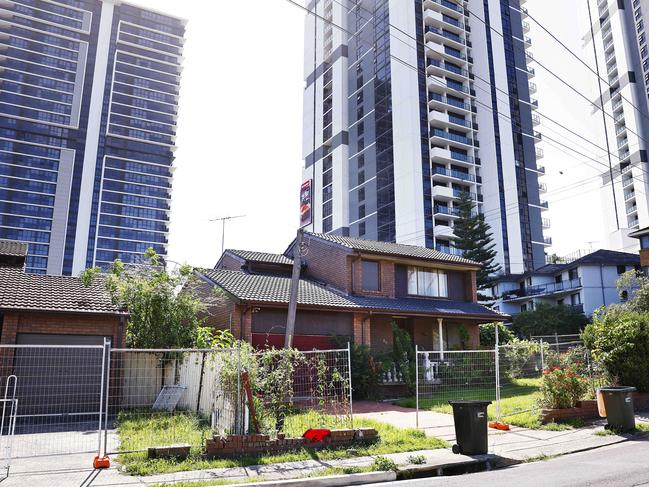
“We are not up-ending what Sydney will be with wrecking balls,” he said.
“We are saying where things should have been permissible in the past, they will be made permissible.
“We can use our land better than how we have.”
As for development around shopping centres where there are no train stations, this would occur in areas that are serviced by other forms of transport, usually marked by the presence of a supermarket.
Mr Scully, an economist who declared in his inaugural speech that pockets of “inequality” and “disadvantage” in Wollongong and Sydney’s outer suburbs needed to be addressed, said people should not be “spooked” by the changes ahead.
“We’ve got to remember that our cities aren’t museums,” he said.
“They are constantly changing and evolving, and people are constantly changing and evolving.
“If this was another time, and young people were locked as locked out as much as they are today, there’d be an upheaval.”
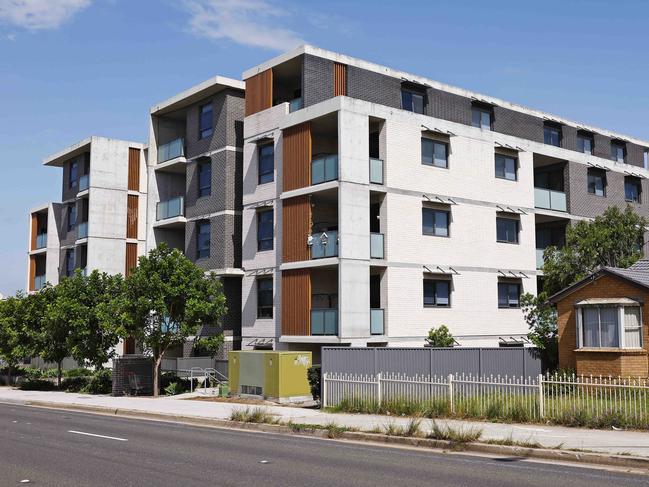
As for apartment life, Mr Scully — who has no children “but I have nieces and nephews” — says his only sacrifice to date has been giving up his ribs.
“Before I’d have to get in the car to get a coffee, now I walk outside,” he said.
“It’s close to transport.
“There’s the occasional big night in the building — and character assessment of people in the early hours of the morning — but the street noise is no more than in a house.
“Anything I miss? Smoking ribs for eight to nine hours.
“But it’s a small sacrifice I’ve had to make.”
Got a news tip? Email weekendtele@news.com.au
More Coverage
Originally published as Apartment-dwelling Planning Minister Paul Scully says he is not trying to kill off backyard cricket




